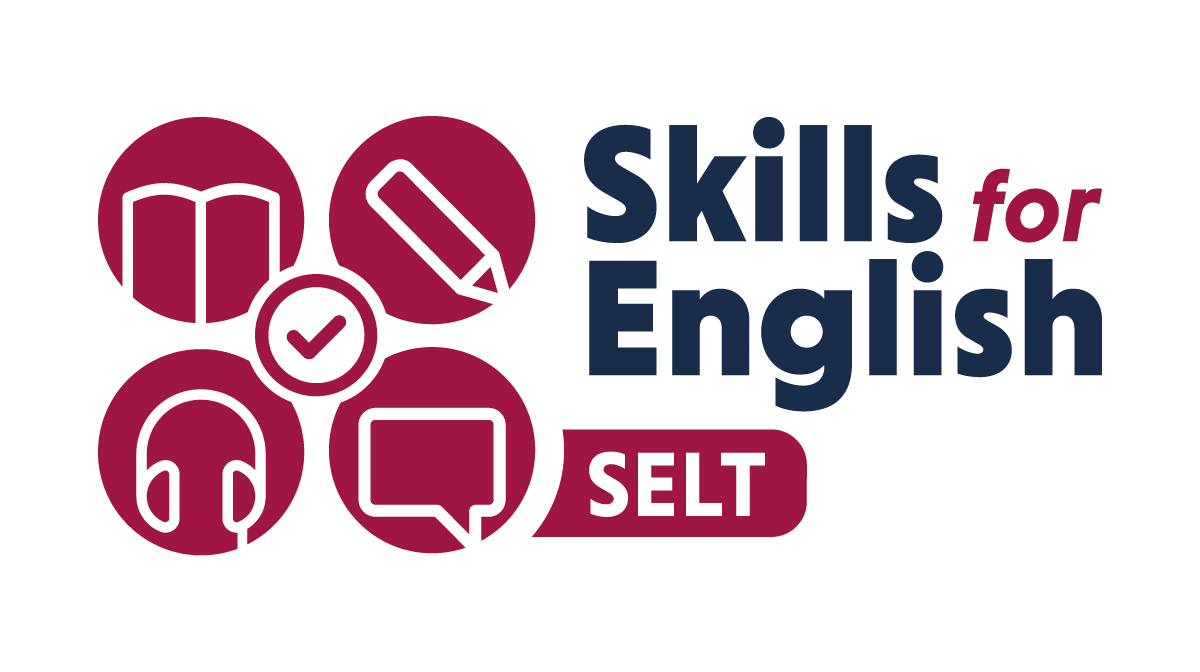This article is a summary of comments made by Sabina Kauser during the ‘Navigating change – The UK Visa White Paper proposals’ webinar hosted by Skills for English: SELT on Thursday 12 June 2025. Details are accurate at time of publication.
As the UK edges closer to a pivotal turning point in immigration policy, understanding the upcoming reforms is more important than ever. In a recent Skills for English webinar “Navigating Change”, Sabina Kauser, an immigration law specialist and partner at Ward Hadaway, offered deep insights into the 2025 UK Immigration Reform White Paper. Her presentation covered what the White Paper is, why it matters, and what changes we might expect in the near future.
What is the Immigration Reform White Paper?
A White Paper is an official government document used to outline policy intentions and propose changes to legislation. It serves as a precursor to new laws or amendments to existing ones, offering a transparent window into the government’s goals.
The UK Immigration Reform White Paper, released in May 2025, lays out proposals for reshaping immigration law to align with national objectives. It aims to restore control over the system and, notably, reduce net migration.
Purpose and Policy Intent
The overarching ambition of the White Paper is two-fold:
- Reclaiming control of the immigration system.
- Reducing net migration through legal reforms and strategic policy changes.
The proposals range from reviewing the visa routes and work-related migration to potential changes in family-based immigration.
Key Highlights and Anticipated Changes
1. Economic Threshold Adjustments
One of the more talked-about possibilities is the recalibration of salary thresholds for spouse visas. The speculation suggests a new range between £21,000 and £25,000, although this has not yet been confirmed. A threshold change could potentially reduce the current requirement and it would be a welcome change for many migrants applying in this category.
2. Family Policy Reforms
By the end of 2025, the government is expected to introduce reforms to family migration policies, including those affecting:
- British citizens’ family members,
- Settled residents,
- Work-route visa dependents.
These changes are anticipated to be among the first implemented and could redefine family reunification norms.
3. Labour Market Impact
Kauser advised of a likely decline in low-skilled labour availability, particularly in sectors like construction and care that have traditionally relied on migrant workers. While the government expects employers to “upskill” domestic workers, the support mechanisms for such transitions remain unclear.
4. Integration and Social Considerations
Efforts to improve integration through English language acquisition are seen as beneficial. However, uncertainty around settlement periods—such as a potential extension from 5 to 10 years—may be concerning for migrants and discourage formal visa applications.
5. Risks and Unintended Consequences
An increase in policy complexity and restrictive pathways may lead to:
- A rise in undocumented migrants, fearing rejection or deportation.
- Greater risk of exploitation, especially for those avoiding formal systems.
- Challenges to societal cohesion, with fairness and long-term contribution under scrutiny.
What Comes Next?
Sabina emphasized that the reforms are still evolving. As more specific dates and policy details emerge, Ward Hadaway will continue to share updates via their immigration and employment newsletters and Skills for English will continue to share updates through webinars and social media. Organizations and individuals are encouraged to stay informed and prepare for the transitions ahead.
Final Thoughts: Navigating Change Together
Change, especially on a national scale, can be daunting. But with proactive planning, clear communication, and expert guidance, navigating it becomes not just possible—but productive. As Sabina Kauser aptly concludes, understanding the framework and potential impacts of the UK Immigration Reform White Paper is the first step in preparing for what lies ahead.
For ongoing support, subscribe to Ward Hadaway’s newsletters and stay in touch for further insights and updates.
Stay informed. Stay prepared. Let’s navigate change: together.
This article is a summary of comments made by Sabina Kauser during the ‘Navigating change – The UK Visa White Paper proposals’ webinar hosted by Skills for English: SELT on Thursday 12 June 2025.


